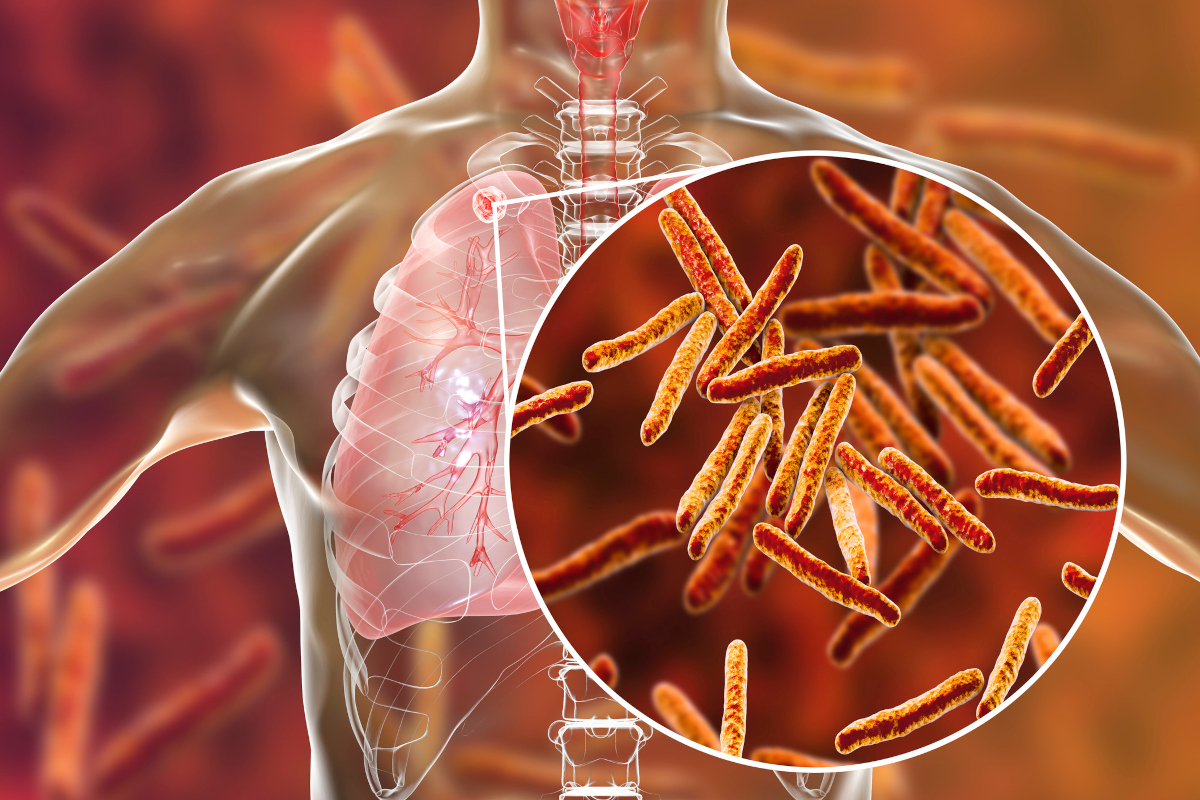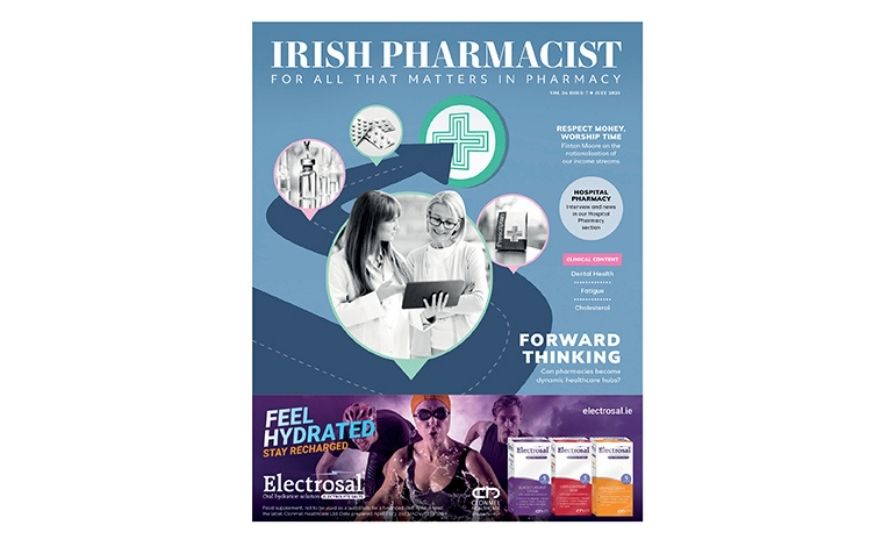When drugs to kill microbes are ineffective, host-directed therapy uses the body’s own immune system to deal with the infection. This approach is being tested in patients with Covid-19, and now a team of researchers at Trinity College Dublin has published a study showing how it might also work in the fight against tuberculosis (TB).
The findings were published recently in the journal Frontiers in Immunology. Although the bacteria that causes TB (called Mtb) has scourged humankind for millennia, researchers do not fully understand the complexities and
interplay of the human immune response to this ancient bug. Worryingly, there are increasing numbers of people with antibiotic-resistant TB, which is hard to treat and is becoming a global threat to public health.
Scientists at the Trinity Translational Medicine Institute (TTMI) at St James’s Hospital in Dublin are dedicated to understanding the intricacies of the human immune response to Mtb, with the aim of finding ways to target and promote the immune response to overcome the infection. Scientists already know that the human immune response can both under- or over-respond to the bacteria, resulting in a difficulty treating the disease. This
complex immune response is analogous to driving with both the accelerator and the brakes fully engaged at the same time.
The research team, led by Health Research Board Emerging Investigator Dr Sharee Basdeo and Prof Joseph Keane, Clinical Medicine, Trinity College, has recently discovered a way to manipulate human immune responses to Mtb to tip the balance in favour of the patient. All changes in immune cell responses to an infection are governed by changes in what genes are active. Because our DNA stretches out to nearly two meters but needs
to fit inside every cell in our bodies, it needs to be very tightly packedup. Its packaging, and how easy it is to open and close, very often dictates the activity of the genes. This is known as epigenetics.
The research team used a drug approved for cancer treatment called suberoylanilide hydroxamic acid (SAHA for short, also known as Vorinostat). This drug is an epigenetic inhibitor, meaning it can block the machinery that closes-up genes. Using this drug on human immune cells that are infected with the bacteria that causes TB, they discovered that SAHA releases the ‘brakes’ on the immune system by stopping the production of an anti-inflammatory signal, while at the same time promoting more appropriate pro-inflammatory signals that may help the patient to clear the infection. Importantly, the team discovered that this fine-tuning of the immune response early in the reaction to infection also benefits later immune responses, which may also aid in the design of future vaccine strategies.
Dr Donal Cox, Research Fellow, Clinical Medicine, Trinity College and senior author on the paper, suggests that this may be a new addition to our arsenal of antibiotic therapies. He said: “Understanding and being able to
manipulate the immune system is a crucial component of treating infectious diseases. Having host-directed therapies targeting the human immune response will be key in addressing the likely pandemics that will arise in the future due to increasing antibiotic resistance, particularly TB.”







